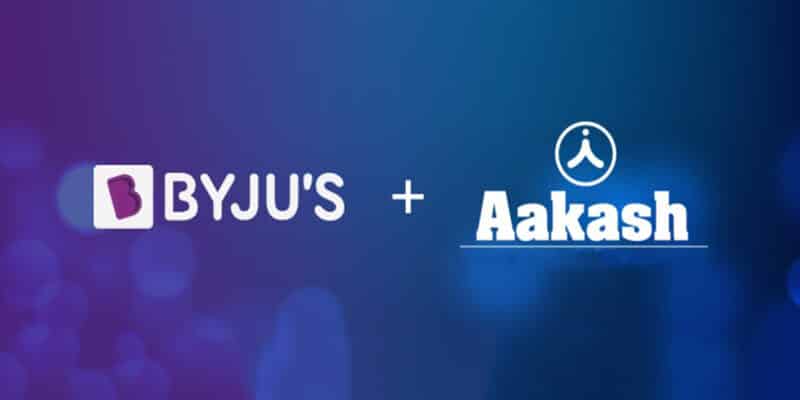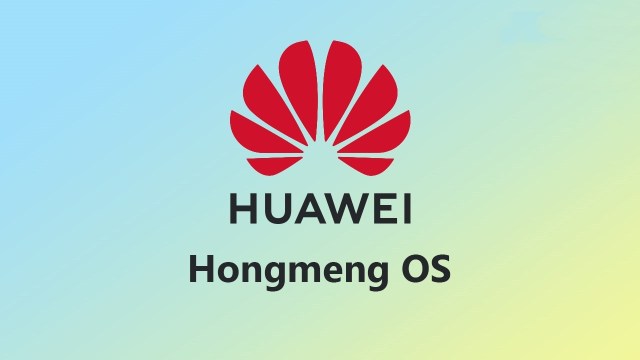Byju’s acquisition of Aakash Educational Services cost nearly $1 Billion.
Byju’s has a very broad market in the E-Learning sector not only in India but in other nations as well. The online learning platforms have witnessed a major rise in demand especially with the onset of COVID-19. Since Byju’s has a strong online presence, it is aiming to expand its offline presence as well. This is one of the reasons why Byju’s acquired the offline physical coaching center company, Aakash Educational Services. Byju’s has revealed the news on Monday about acquiring the chain of these coaching centers and accelerating its offline growth.
Byju’s is a very common and broadly used e-learning platform in India. When it comes to understanding concepts and practicing problems for competitive exams, Byju’s is one of the best options for students. And, Aakash institutes are also very famous for providing high-quality coaching mainly for NEET and JEE aspirants.
Closing the deal
The news of the acquisition has been spreading since January that Byju’s has agreed to buy Aakash Educational Services. Back in 2019, Aakash sold a 37.5 percent stake to Blackstone but Byju declined to comment on this topic. Byju’s whose current valuation is $13 billion has acquired the old chain of coaching centers for nearly $1 billion paid in cash and equity for the acquisition, that is, $600 million in cash and the rest in stock (TechCrunch).

When the deal was closed with Blackstone a couple of years ago that made Aakash’s total valuation to $500 million. Currently, Aakash owns more than 200 physical coaching centers all over India where top-quality mentorship is provided to the aspirants. The total number of students enrolled in Aakash coaching centers is more than 250,000.
Change in perspective
Since Aakash Educational Services is well known for providing top-class coaching to the students in India, they didn’t stop teaching during the pandemic. As the classes shifted to a virtual platform, Aakash started offering many services online to the students. So, with Byju’s already having a powerful online presence and Aakash newly making coaching options online, both the companies landed on a mutual interest during the pandemic. Though the deal has been finalized recently, both the companies were discussing terms since last year.
Even after the acquisition, the founders of the company will be attached to it and they will be still working towards providing quality coaching to the students. Aakash Chaudhry, managing director and co-promoter of Aakash Educational Services sounded very optimistic about the deal. He said that this joint partnership between two leading brands in the educational sector will provide “very substantial and value-additive services to students.”
Advantages to the acquisition
With Byju’s being the country’s most valuable Ed-tech company and Aakash having a strong physical presence, both the companies together will create a huge omnipresent brand for Indian students. Aakash Chaudhry has further added that Aakash has provided the students so far with physical coaching and whoever was in need of online tutorials and accessing content anytime, Byju’s has been their savior. So, joining hands together a unique solution will be provided to the students by leveraging physical location and online learning technology.
Byju Raveendran, co-founder, and CEO of the ed-tech startup Byju’s has said that in the future of education especially in our country, both online and offline experiences will be blended. Even before Byju’s started the online platform he used to teach hundreds of students offline on the stadiums. Apart from creating an omnichannel, this partnership is also aiming to reach students from small towns and remote areas in India.
Amit Dixit, co-head of Asia Acquisitions of Blackstone has also mentioned that the presence of an omnichannel “will be the winning model in test prep and tutoring” especially when two of the most important companies in the Indian education sector are joining hands.
Growth of Byju’s
Byju’s has come a long way since 2011 which currently serves over 80 million users. 5.5 million of the total Byju’s audience are paid customers. The company has gained massive recognition very quickly especially among students. The company has made a few big acquisitions so far which includes US-based Osmo and Scholr. One of the biggest acquisitions of the company was in 2020 when they acquired WhiteHat Jr for $300 million.

Annasha Dey is an NIT student, who apart from studying engineering is also a content writer. She has a great interest in photography, writing, reading novels, and travelling as well. She is a foodie who loves socializing and hanging out with her friends. She is also a trained Kathak dancer and a big fashion enthusiast. Dey also loves watching TV series, which includes F.R.I.E.N.D.S. and Big Bang Theory. To be a better writer she prefers to read more


